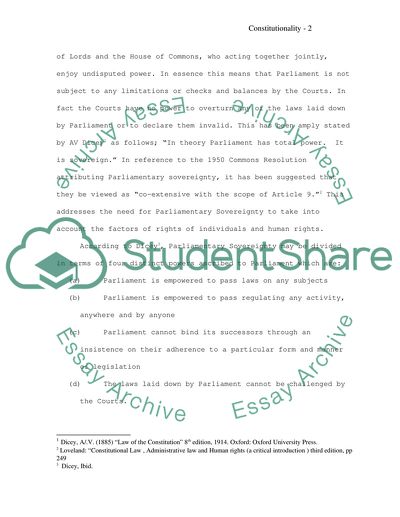Cite this document
(The Issue of Constitutionality and the Rights Granted to Individual Ci Case Study, n.d.)
The Issue of Constitutionality and the Rights Granted to Individual Ci Case Study. Retrieved from https://studentshare.org/politics/1535374-critically-evaluate-lord-hoffmans-assessment-of-the-appropriate-relationship-between-parliamentary-sovereignty-and-principles-of-constitutionality-in-the-uk-t
The Issue of Constitutionality and the Rights Granted to Individual Ci Case Study. Retrieved from https://studentshare.org/politics/1535374-critically-evaluate-lord-hoffmans-assessment-of-the-appropriate-relationship-between-parliamentary-sovereignty-and-principles-of-constitutionality-in-the-uk-t
(The Issue of Constitutionality and the Rights Granted to Individual Ci Case Study)
The Issue of Constitutionality and the Rights Granted to Individual Ci Case Study. https://studentshare.org/politics/1535374-critically-evaluate-lord-hoffmans-assessment-of-the-appropriate-relationship-between-parliamentary-sovereignty-and-principles-of-constitutionality-in-the-uk-t.
The Issue of Constitutionality and the Rights Granted to Individual Ci Case Study. https://studentshare.org/politics/1535374-critically-evaluate-lord-hoffmans-assessment-of-the-appropriate-relationship-between-parliamentary-sovereignty-and-principles-of-constitutionality-in-the-uk-t.
“The Issue of Constitutionality and the Rights Granted to Individual Ci Case Study”. https://studentshare.org/politics/1535374-critically-evaluate-lord-hoffmans-assessment-of-the-appropriate-relationship-between-parliamentary-sovereignty-and-principles-of-constitutionality-in-the-uk-t.


